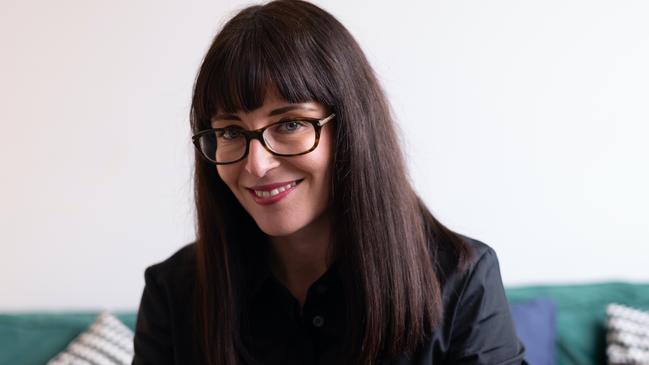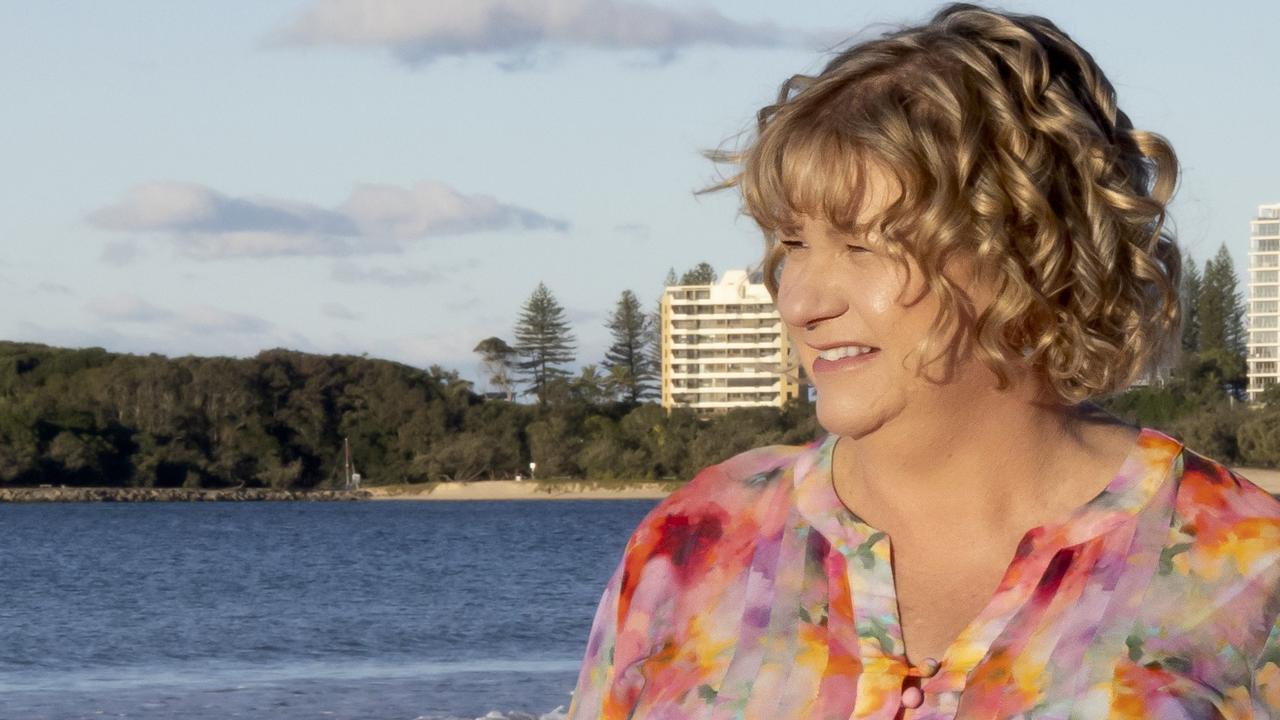Sexologist Lauren Muratore on bringing sex spark back in relationships
A leading sexologist says it’s common for couples to become “awkward” in the bedroom. She explains how to bring back the spark.

Sexual Health
Don't miss out on the headlines from Sexual Health. Followed categories will be added to My News.
A leading sexologist, who dedicates a significant amount of time to helping people in long-term relationships rekindle their sexual connection, has detailed how to bring the spark back.
Lauren Muratore, national chair of the Society of Australian Sexologists,said it was “very common” for sexologists to see people in long-term relationships seeking help after things slowed down in the bedroom.
Talking with clients about desire discrepancies and rekindling intimacy takes up half of the accredited clinical psychosexual therapist’s day at work.
She said people in long-term relationships seeking help came from all different backgrounds, and may or may not have kids.
“What a common category would look like is a couple who’s really kind of become best friends, and they’ve de-eroticised each other to a degree,” Ms Muratore explained.
“They’re still incredibly caring and considerate, and they do everything together.
“And then as the sex falls away, it just got more awkward.
“That’s probably a typical sort of scenario.”
The Body+Soul 2024 Sex Census found only 45 per cent of Australian adults were having sex once a week or more.
Ms Muratore said prioritising intimacy was an important preventive factor.
“You’re still staying friends and you’re still doing things together, but you’re also keeping up the intimate side of it,” she said.
“For people where it’s become awkward, it’s really just about starting off slow and getting back to figuring out what our bodies like.
“(It’s) really just taking the elephant out of the room just to make it comfortable again … going back to just experimenting.
“Taking the pressure off and injecting some pleasure into the scenario is important.”
She said she was also a “huge advocate” for couples blocking out time to be together — even if just to talk.

Ms Muratore said couples starting to go out on dates again could also be helpful, as well as ramping up non-sexual affection.
“I think one of the biggest things that I see is when couples realise that they could touch the other person and that doesn’t necessarily mean it leads to sex,” she said.
“So when that’s unlocked and shifts, then there is a lot more touch and then it’s safer to have sex because that hug doesn’t mean that ‘I want to have sex with you’.”
She said once they realised that touching didn’t automatically lead to sex, it created a significant positive shift.
She also reminded people it was okay to not know what they liked.
People may not recall their preferences if it had been a long period without sex, or they may have changed, she said.
Couples could work this out together, she said.





